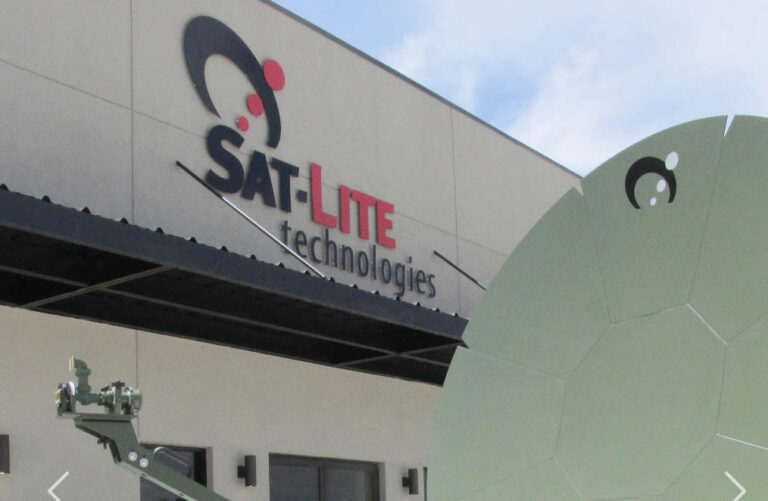The alliance between Walmart and OpenAI to allow consumers to shop directly on ChatGPT is no mere experiment in e-commerce, it’s the consolidation of a model whereby AI becomes a universal intermediary. For Walmart, this is “agentic commerce… turning shopping from a reactive experience into a proactive one capable of learning, predicting and acting before the customer decides.”
The risk is not technological, but structural: as I wrote a week ago, ChatGPT wants to be the new operating system of everyday life. Every time a large company is integrated into its interface, such as Walmart or Sam’s Club, it reinforces an ecosystem where the user no longer searches or compares, does not choose, but simply accepts. Consumption becomes conversational, but not free; more comfortable, but controlled. Some see it as “a revolution in the shopping experience,” but in reality it is the triumph of algorithmic intermediation.
The convenience narrative hides the total transfer of agency: allowing the system to do the thinking for us. ChatGPT will know what we need, when and in what format. The purchase ceases to be a decision, and is instead simply a series of suggestions we accept. This displacement of will is the real objective: to build an automated consumption infrastructure where AI manages the household…









